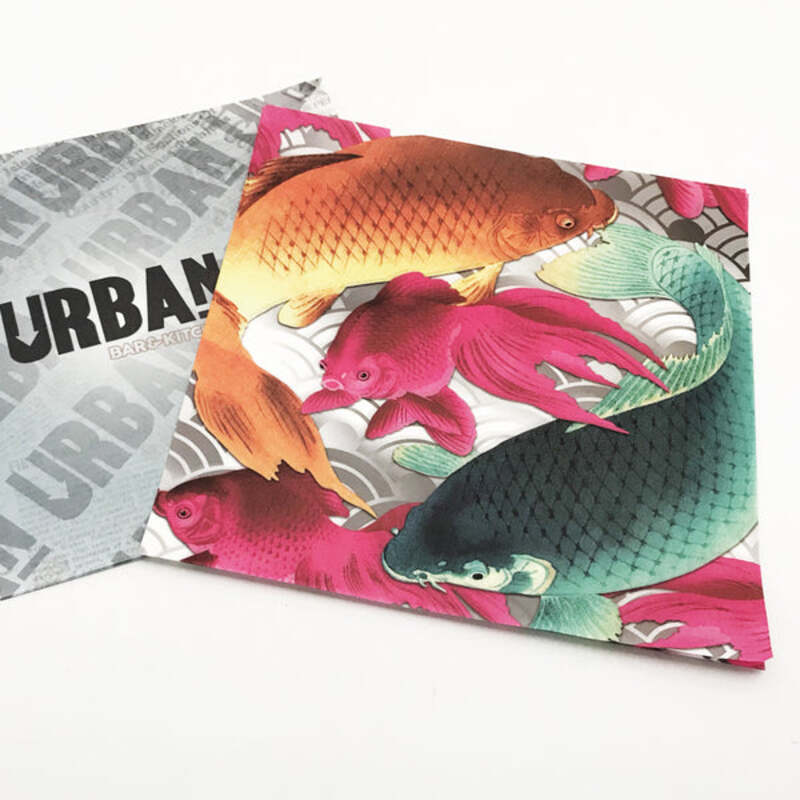The Environmental Impact of Plastic Coffee Cups
In today's fast-paced world, the convenience of grabbing a cup of coffee from your favorite café has led to a significant rise in the use of plastic coffee cups. While they offer ease and portability, the environmental implications of plastic consumption are becoming increasingly concerning. With experts estimating that billions of single-use coffee cups are disposed of each year, it is essential to assess the impact of these everyday items on our planet.
Plastic coffee cups are predominantly made from polystyrene, a type of plastic that’s cost-effective and lightweight. However, the advantages of these cups come at a hefty environmental price. Most plastic coffee cups are not recyclable due to their composite nature; many are lined with a plastic coating that makes recycling impossible. Consequently, they often end up in landfills, where they take hundreds of years to decompose.
When plastic cups are discarded in landfills, they contribute to a growing problem of plastic pollution. Over time, these cups can break down into microplastics, which can leach toxins into the soil and waterways, causing harm to wildlife and ecosystems. Marine creatures, often mistaking plastic for food, ingest these microplastics, which can lead to a disruption in their health and the entire food chain.
plastic coffee cups

Moreover, the production of plastic coffee cups is energy-intensive, contributing to greenhouse gas emissions. The extraction of petroleum for plastic production not only depletes natural resources but also emits carbon dioxide, exacerbating climate change. As the global demand for coffee continues, so does the demand for single-use cups, creating a vicious cycle of consumption and waste.
As consumers become more aware of these issues, many are seeking alternatives. Reusable coffee cups have surged in popularity, driven by a desire to minimize waste. Many cafés now offer discounts to customers who bring their own cups, promoting sustainable practices. Additionally, innovative brands are developing compostable coffee cups made from renewable resources, such as corn or sugarcane, that provide a greener alternative to traditional plastic cups.
Despite these positive shifts, educational initiatives remain crucial in encouraging consumers to make more environmentally friendly choices. Understanding the lifecycle of plastic products and their repercussions can motivate individuals to adopt sustainable habits, such as choosing reusable options or reducing overall plastic consumption.
In conclusion, while plastic coffee cups provide convenience in our modern lifestyle, their impact on the environment cannot be ignored. By opting for reusable or sustainable alternatives, we can all contribute to reducing plastic pollution and protecting our planet. The journey towards a more sustainable future requires collective effort, and making informed choices about our daily habits is the first step in building a healthier environment for generations to come.



